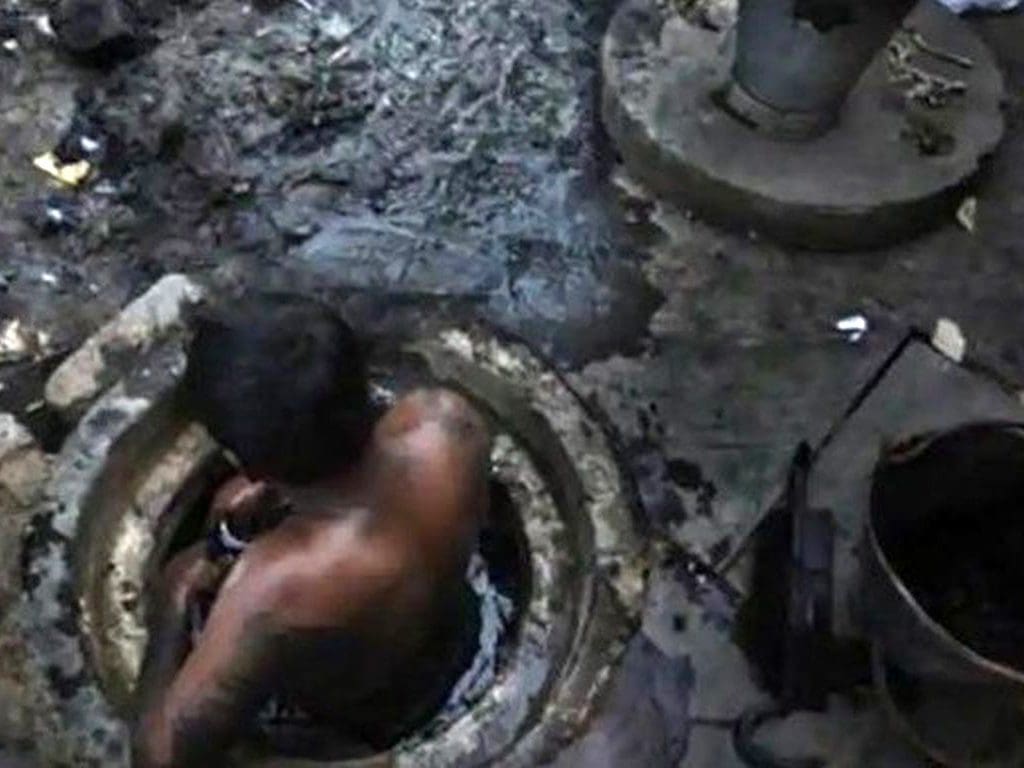Massive workforce of “ragpickers” keeps New Delhi clean, demands official recognition
Ashok, 34, began working as a ragpicker young and resides not too far away. A shack made of bamboo sticks and tin sheets, with the kitchen on the front porch, makes up his home. He lives with his wife and five children.
- 3 years ago
October 25, 2022
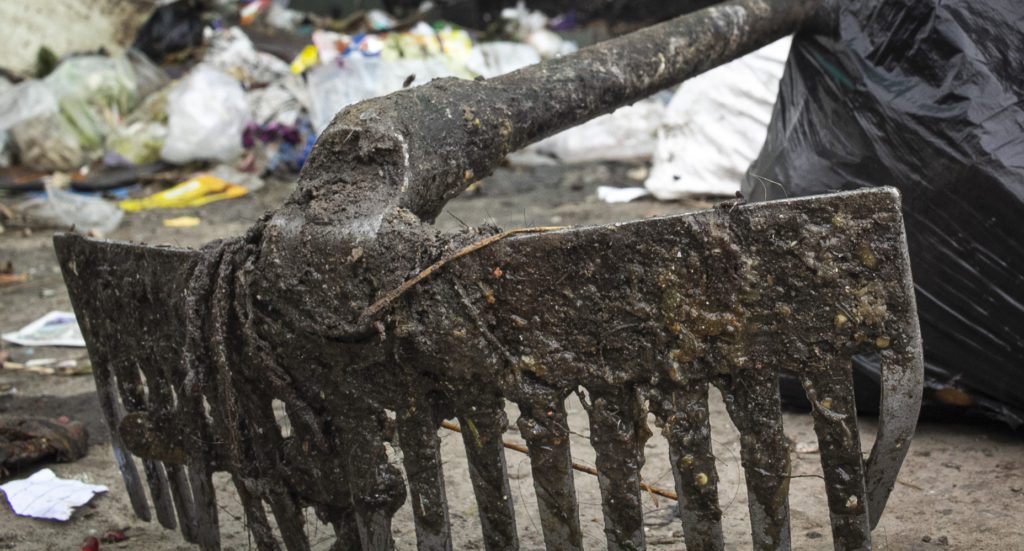
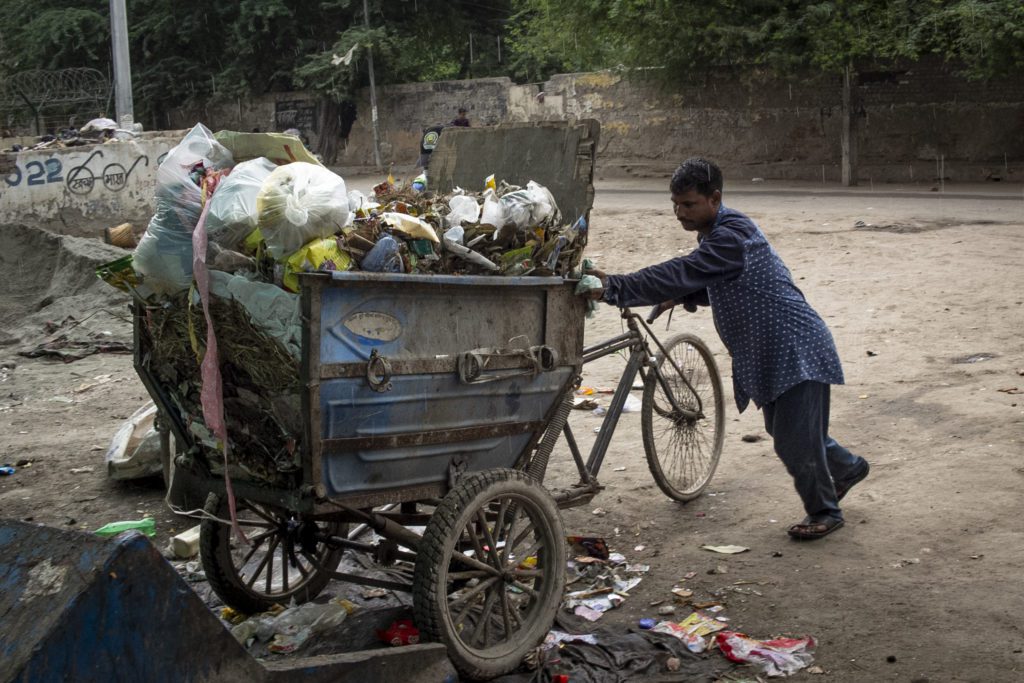
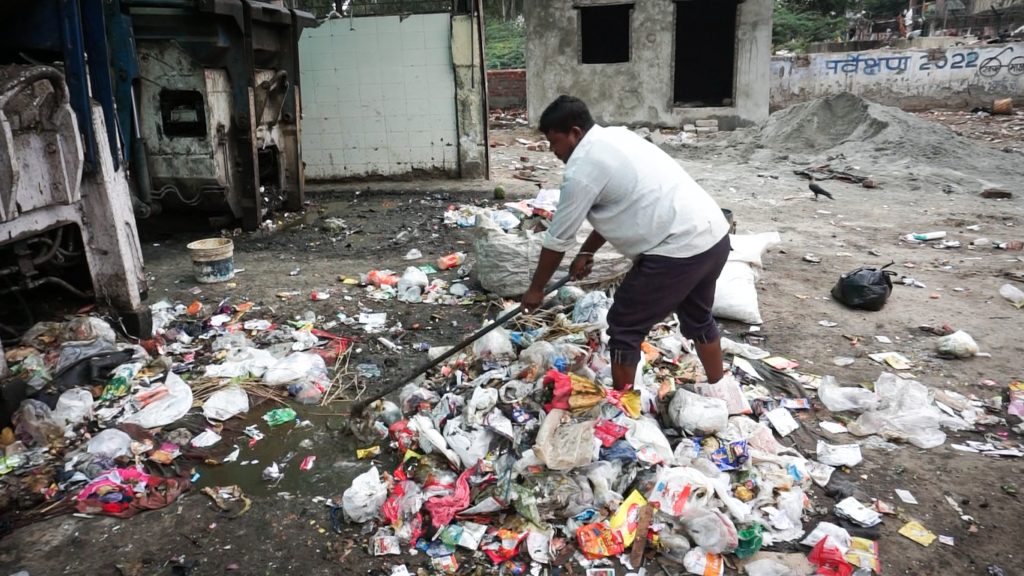
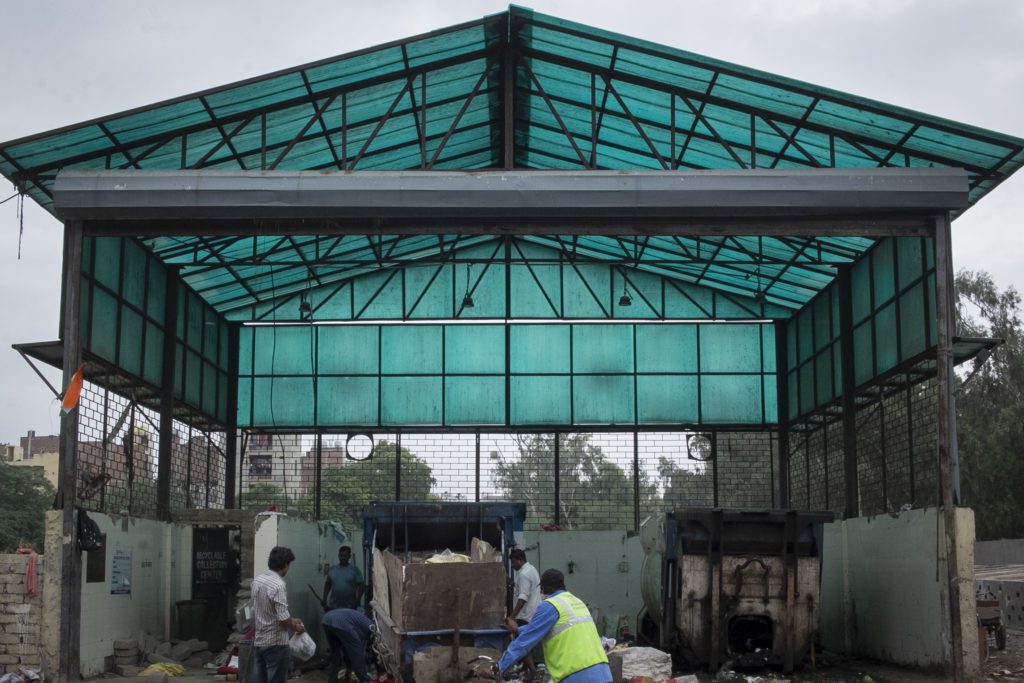
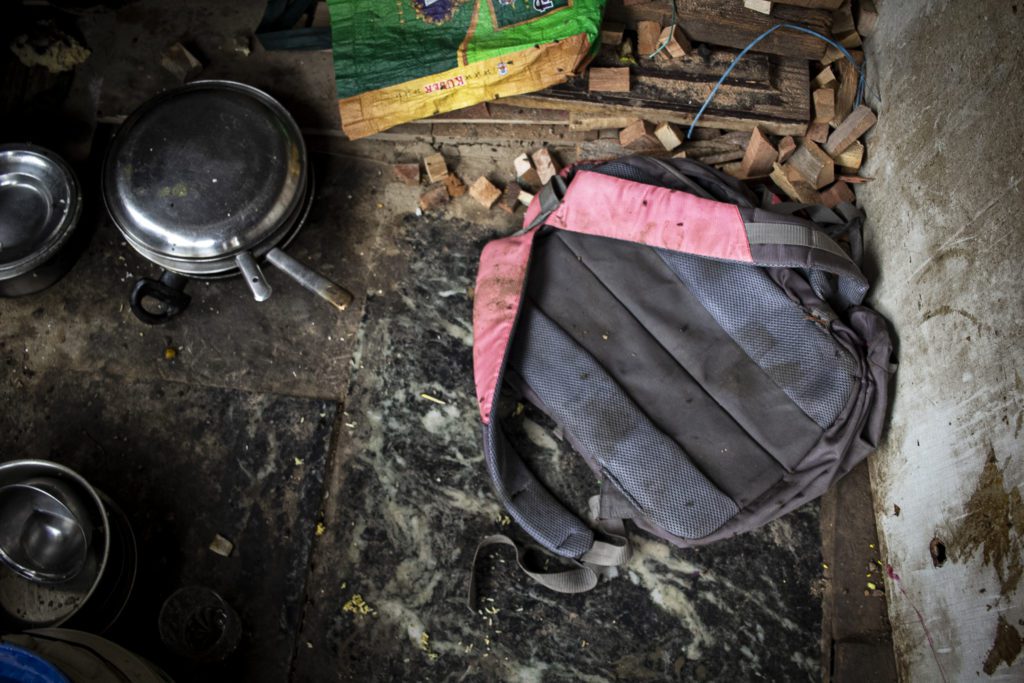
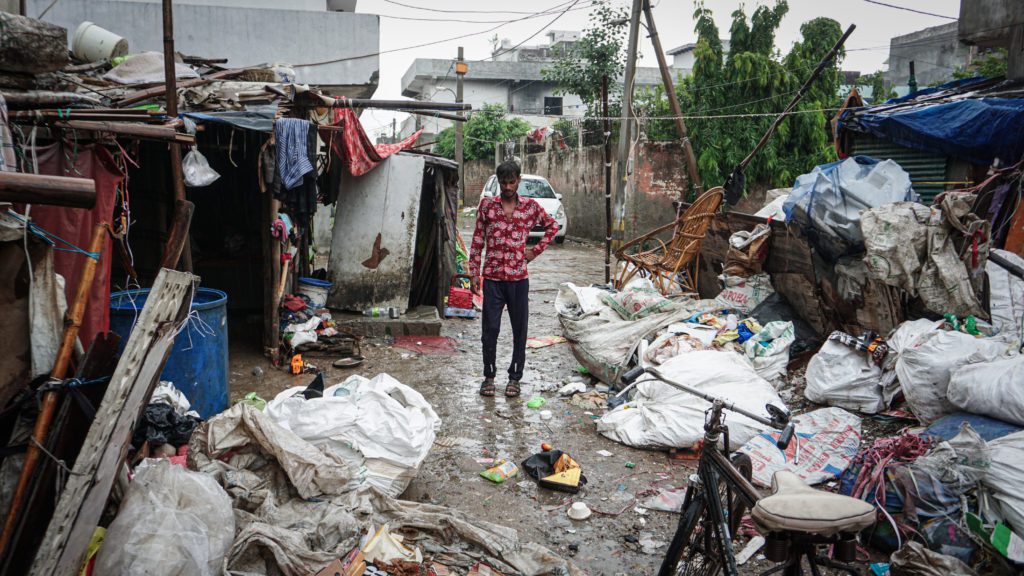
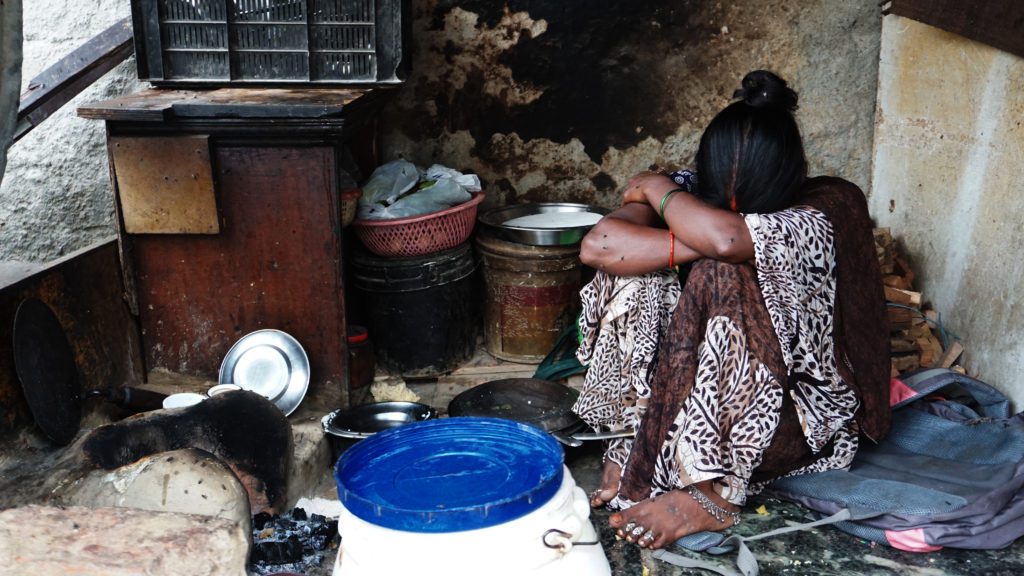

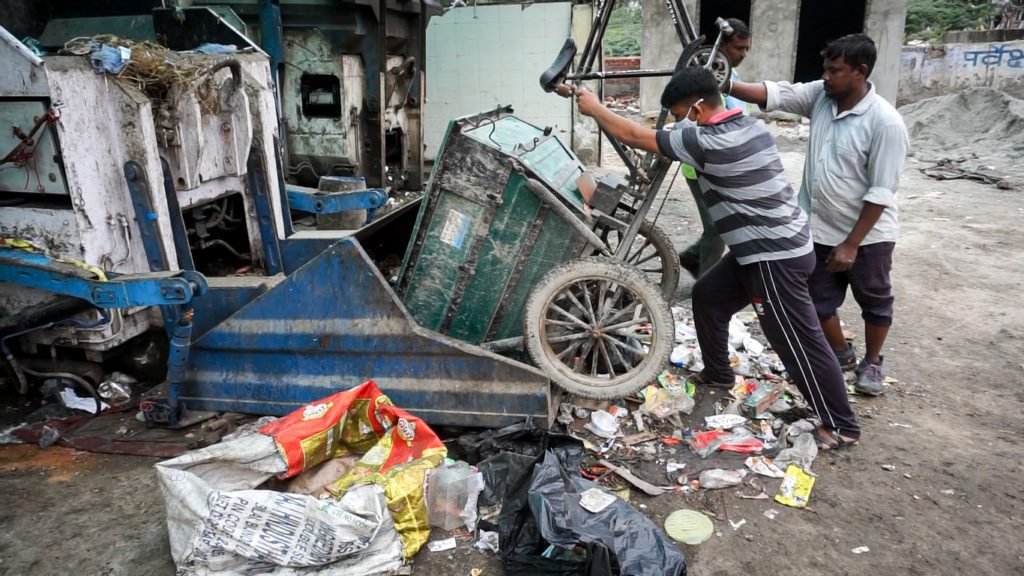
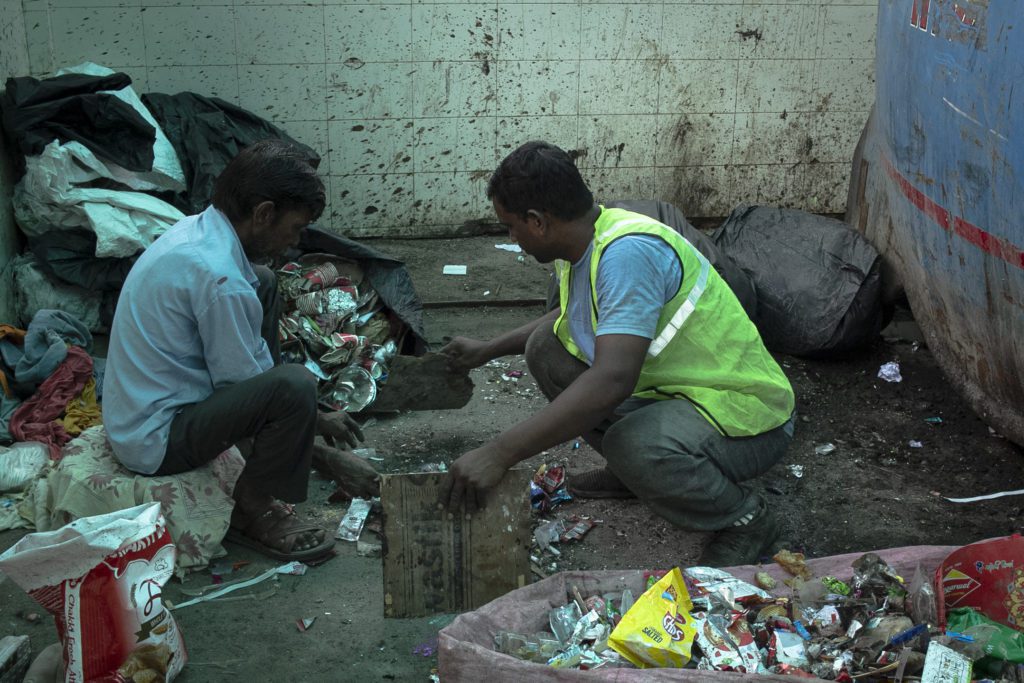
NEW DELHI, India – The city of New Delhi’s waste management efforts depends on the efforts of a large workforce, the majority of whom come from the informal sector. New Delhi’s “ragpickers” often work as unregistered employees in insecure jobs. No established safety procedures or protective equipment exists to shield them from risk. They frequently get sick and have no coverage in the healthcare system.
At a waste management facility in Uttam Nagar, west of New Delhi, working conditions proved deplorable. Ashok, 34, began working as a ragpicker young and resides not too far away. A shack made of bamboo sticks and tin sheets, with the kitchen on the front porch, makes up his home. He lives with his wife and five children. He says he shall do everything he can to provide for his kids and educate them.
According to the workers in New Delhi, they start their day at 5:00 a.m. and conclude at 6:00 pm. They pay the contractors 5,000 rupees per month just to gain access to the waste coming into the plant. From there, they pick through the garbage for sellable items and pawn them. A desirable item can garner an average of 250-300 rupees. The monthly income of a ragpicker ranges from 10,000 to 15,000 rupees. This is the equivalent of $121 to $181 U.S. dollars.
From this, they pay rent, feed themselves and their families, celebrate festivals and buy toys for their children. The workers demand to be recognized officially. They seek the status of permanent employees and acknowledgement for their lifetime of service. Being officially recognized would also ensure job safety and a steady source of income.
All photos courtesy of Saurav Kumar Mishra and Shivam Khanna






















































































































































































































































































